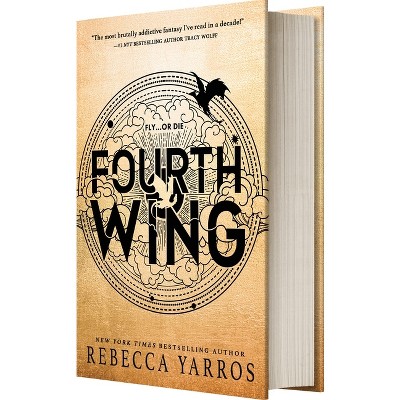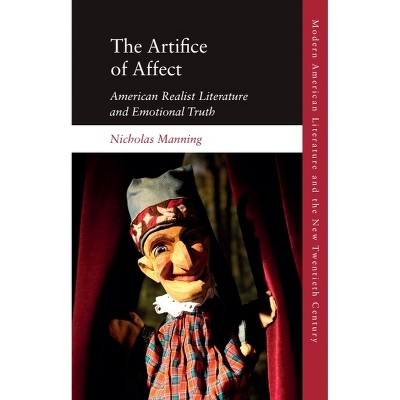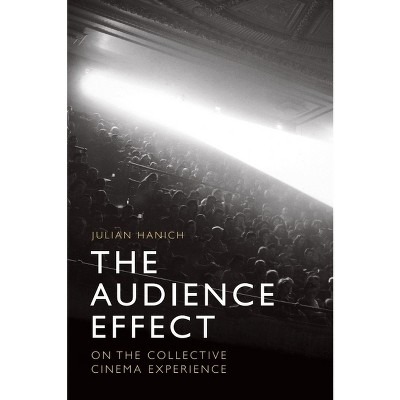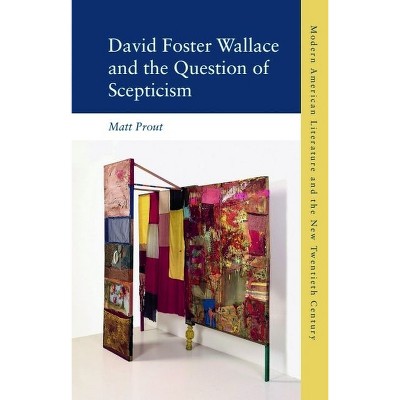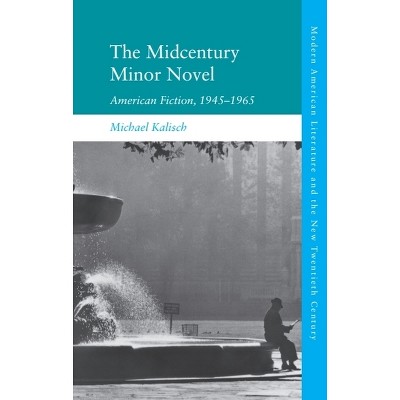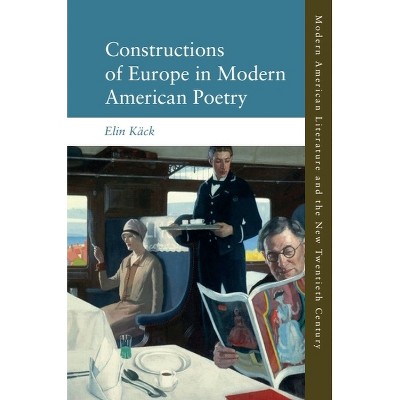About this item
Highlights
- Tracking the evolutionary arc of prison writing across the twentieth century in an international and comparative framework, this study proposes an integrated account of the major shifts and movements in this relatively neglected genre of autobiography.
- About the Author: Julian Murphet is Jury Professor of English Language and Literature at the University of Adelaide.
- 232 Pages
- Literary Criticism, Subjects & Themes
Description
About the Book
Provides a comprehensive survey of twentieth-century prison writing from around the worldBook Synopsis
Tracking the evolutionary arc of prison writing across the twentieth century in an international and comparative framework, this study proposes an integrated account of the major shifts and movements in this relatively neglected genre of autobiography. Dwelling on works--memoirs, novellas, poems--by actual detainees, the book offers a close stylistic analysis of 12 important texts to show how prison writing moved away from the confessional and self-scrutinizing modes of an earlier tradition, to espouse openly political sentiments and solidarities. Looking at works by Oscar Wilde, Rosa Luxemburg, Ezra Pound, Primo Levi, Bobby Sands, Angela Davis, Ngũgĩ wa Thiong'o, and Behrouz Boochani (among others), the book shows how themes such as the annihilation of experience, dehumanization, sensory deprivation, brutality, and numbing routine are woven into distinctive textual artefacts that give evidence of an abiding human resilience in the face of raw state power.From the Back Cover
[headline]Provides a comprehensive survey of twentieth-century prison writing from around the world Tracking the evolutionary arc of prison writing across the twentieth century in an international and comparative framework, this study proposes an integrated account of the major shifts and movements in this relatively neglected genre of autobiography. Dwelling on works - memoirs, novellas, poems - by actual detainees, Julian Murphet offers a close stylistic analysis of twelve important texts to show how prison writing moved away from the confessional and self-scrutinising modes of an earlier tradition, to espouse openly political sentiments and solidarities. Looking at works by Oscar Wilde, Rosa Luxemburg, Ezra Pound, Primo Levi, Bobby Sands, Angela Davis, Ngũgĩ wa Thiong'o and Behrouz Boochani, among others, the book shows how themes such as the annihilation of experience, dehumanisation, sensory deprivation, brutality and numbing routine are woven into distinctive textual artefacts that give evidence of an abiding human resilience in the face of raw state power. [bio]Julian Murphet is Jury Professor of English Language and Literature at the University of Adelaide, Australia. He is the author of Literature and Race in Los Angeles (2001), Multimedia Modernism (2009), Faulkner's Media Romance (2017), Todd Solondz (2019) and Modern Character: 1888-1905 (2023).Review Quotes
One constant remains with prisons: the influential role of writers who expose these systems. This underscores the enduring power of literature.
--Behrouz Boochani, author of No Friend But The Mountains: Writing from Manus PrisonThis book is one of those all-too-rare works of criticism that demonstrates how literary writing has so much to teach us about the world we have been forced to inhabit. Here the prison is conjured forth in the language of collective outrage and emancipatory longing, in a global narrative that reaches from Oscar Wilde to Behrouz Boochani, and in a mode of writing that seizes heart and mind with the granularity of inscription and in the cadences of its sound.
--Mark Steven, University of ExeterAbout the Author
Julian Murphet is Jury Professor of English Language and Literature at the University of Adelaide. He is the author, previously, of Literature and Race in Los Angeles (Cambridge University Press, 2001), Multimedia Modernism (Cambridge University Press, 2009), Faulkner's Media Romance (Oxford University Press, 2017) and Todd Solondz (Northern Illinois University Press, 2019), and of the forthcoming Modern Character: 1888-1905 (Oxford University Press, 2023) and Twentieth-Century Prison Writing: A Literary Guide (Edinburgh University Press, 2023).
Shipping details
Return details
Trending Fiction






